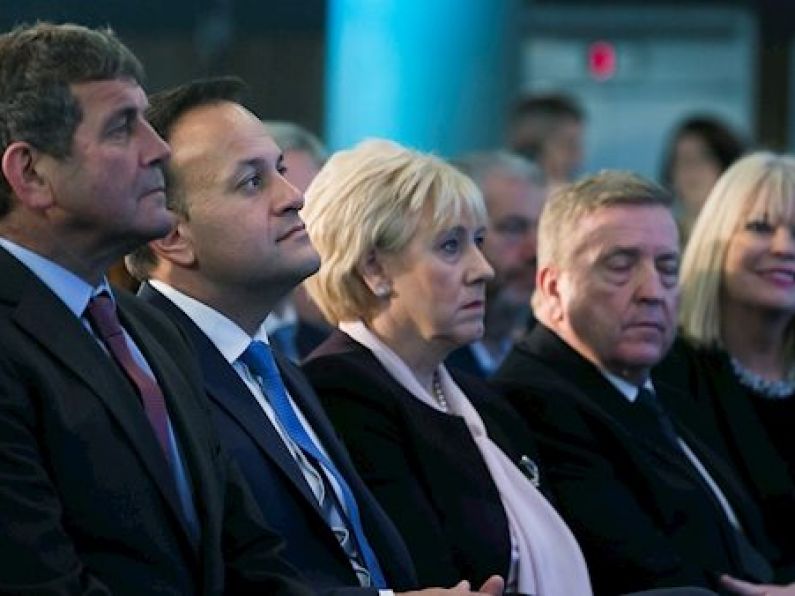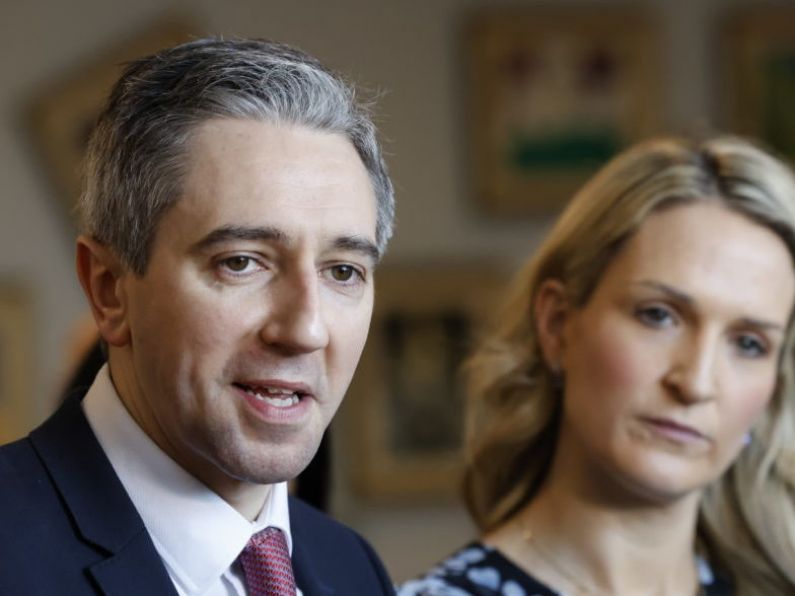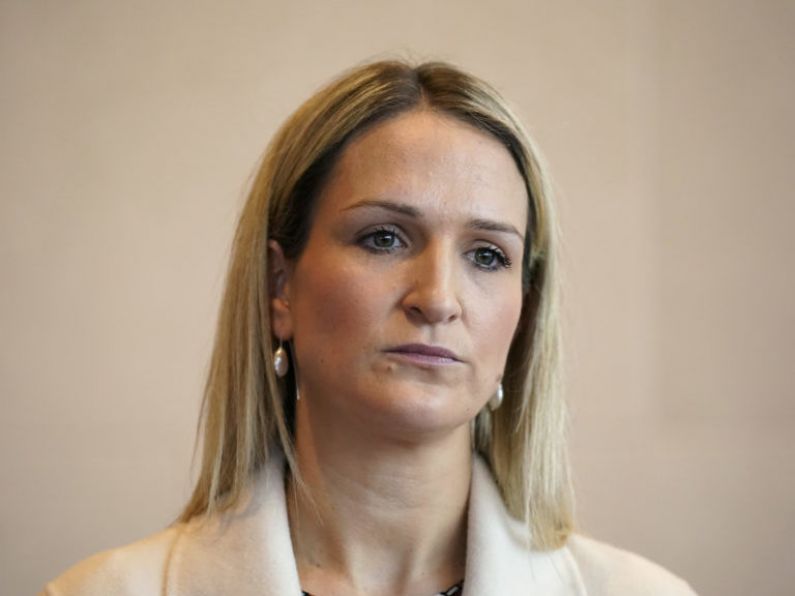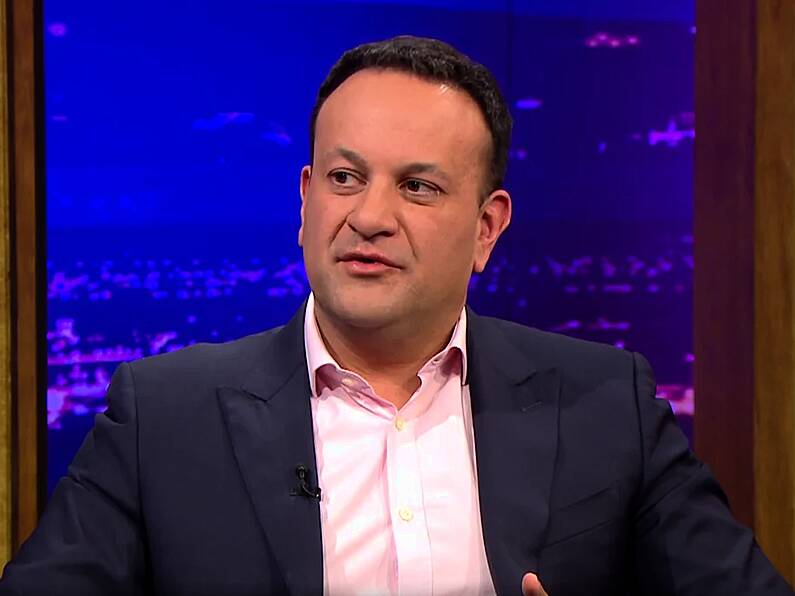Big companies must pay their fair share of taxes - with international changes coming down the line, Taoiseach Leo Varadkar said.
Ireland cannot be caught on the 'wrong side of history' with those tax changes, he told business leaders at the Future Jobs Summit in Dublin.
While insisting that Ireland’s treasured corporation tax will not be tweaked, the warning will be seen as a direct message to firms who have been accused of using Ireland as a tax shelter.
He told the summit: “We also need to be on the right side of history when it comes to corporation profit tax and there is no way that we are ever going to change our 12.5% corporation tax.”
Mr Varadkar said there was political consensus around the issue in the Dáil.
The Taoiseach added: “But we do need to acknowledge that businesses have changed and technology has changed and there will be international tax changes coming down the line and we need to make sure that we are on the right side of history and we get ahead of those.
"Because big companies that make large profits should pay their fair share of tax and some of them aren’t doing that at the moment.”
Business Minister, Heather Humphreys, said she doesn't believe any company in Ireland is not paying its fair share, but that Ireland needs to be ready for the new tax-avoiding strategy that is the Base Erosion and Profit Shifting (BEPS) rules rolling out in OECD countries such as Ireland.
Mr Varadkar also doubled down on his promise to cut income taxes, saying changes are needed to keep Ireland competitive as well as to maximise the labour market.
“We put ourselves at a disadvantage by having the higher rate of tax that kicks in below the average income. That also affects us with labour market participation.
"So many parents - mainly women - who could return to the workplace, do that obvious calculation that if their partner is using up all their tax allowances and they go back to work, 52% of it goes on tax and PRSI. And even if childcare costs nothing, 52% of it (their pay) will still be gone.”
He also flagged possible decreases in capital gains tax, saying the rise in that during the austerity years has now had the effect of reducing the frequency of the turnover of assets in Ireland.
Ministers and business leaders at the summit discussed the jobs of the future, including those linked with artificial intelligence, a low-carbon economy as well as automated technology.
Employers were told how the average Irish worker faces a 46% probability of their role being automated by 2030. This includes drivers. However, while the advancement may serve society it causes difficulties for those workers, business leaders heard.
Communications Minister, Richard Bruton, told the Irish Examiner that Ireland must take advantage of innovative energy sectors, such as wave and wind energy, to reduce carbon output.
Health technology that allows patients to be assessed online and allowing markers for illnesses to be identified through machinery are also ways to provide future jobs, explained Mr Bruton.
The Government intends to launch the future jobs plan early next year and it will be costed. It says the plan is necessary for Ireland to stay competitive. With unemployment at 5.1%, the plan is expected to promote new, better-paid and more advanced types of employment for the next decade.






